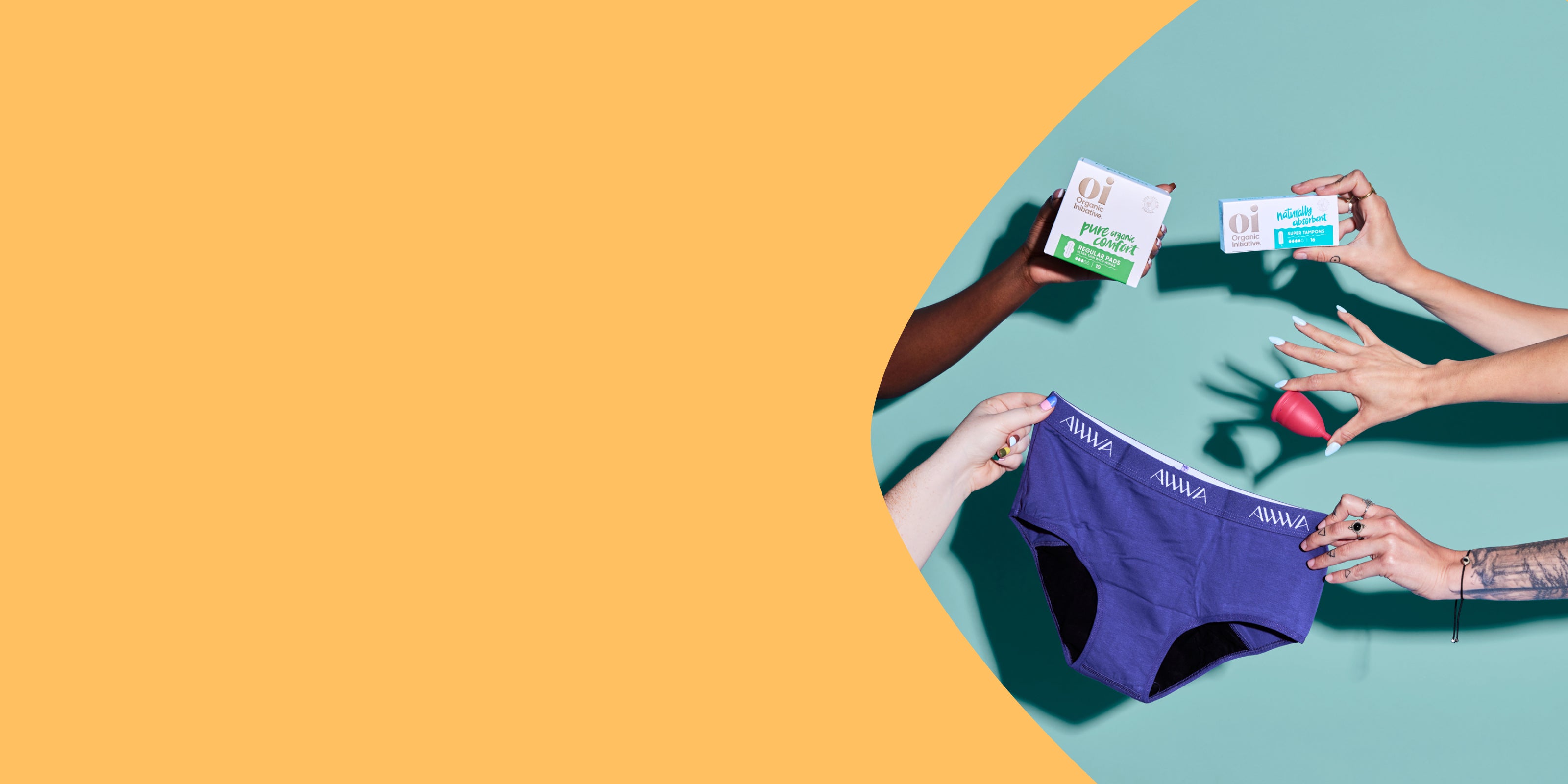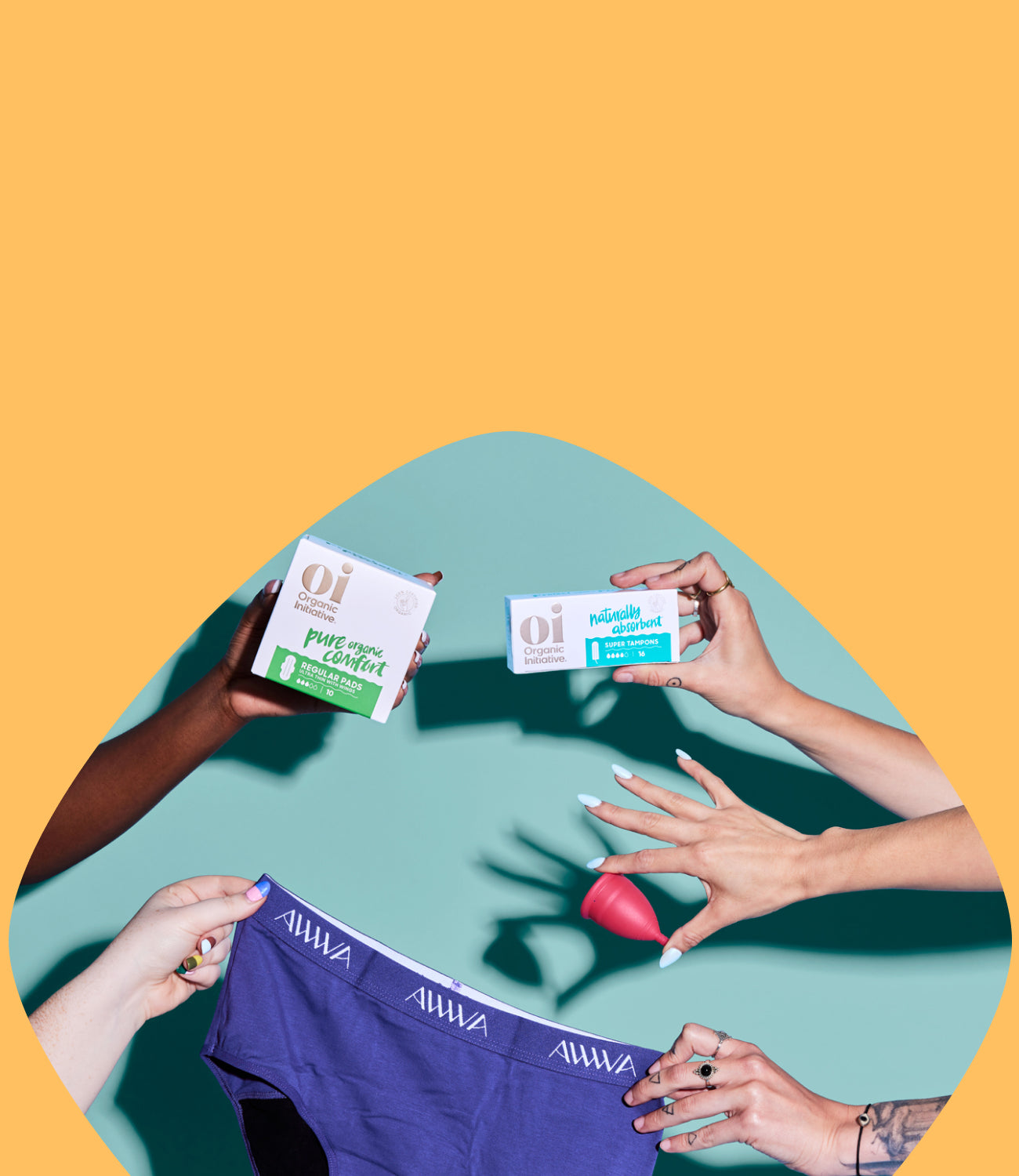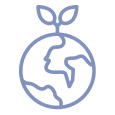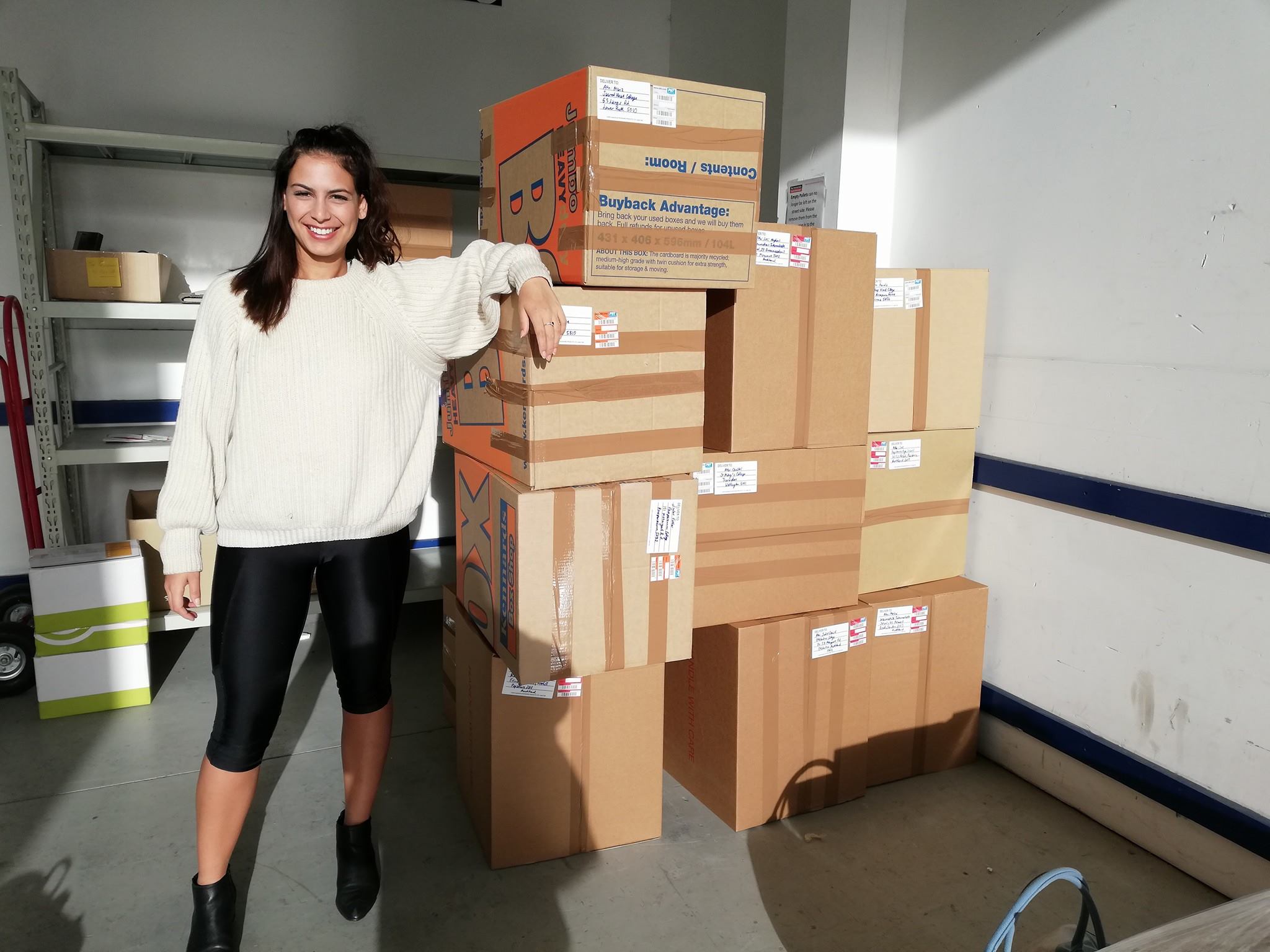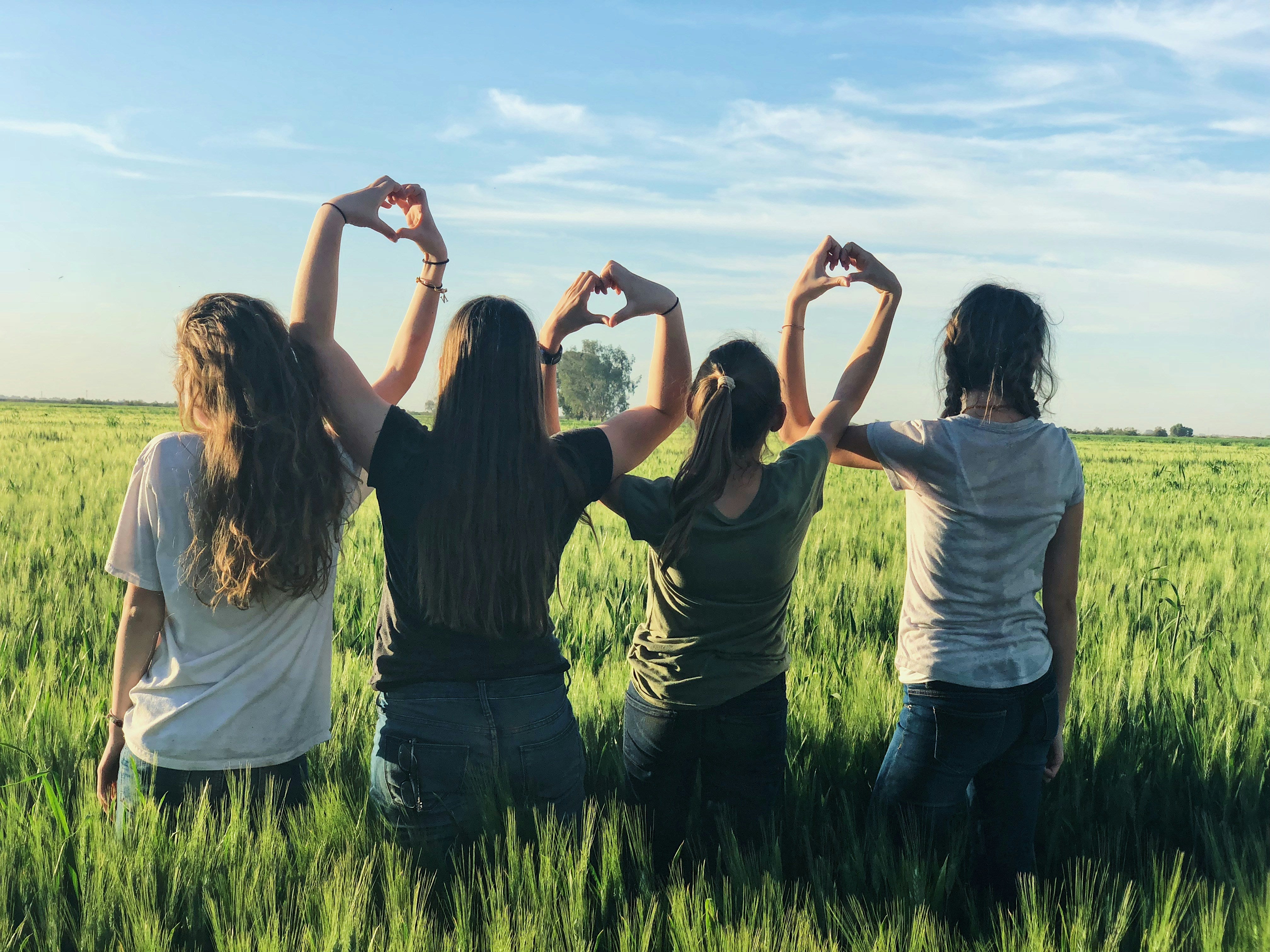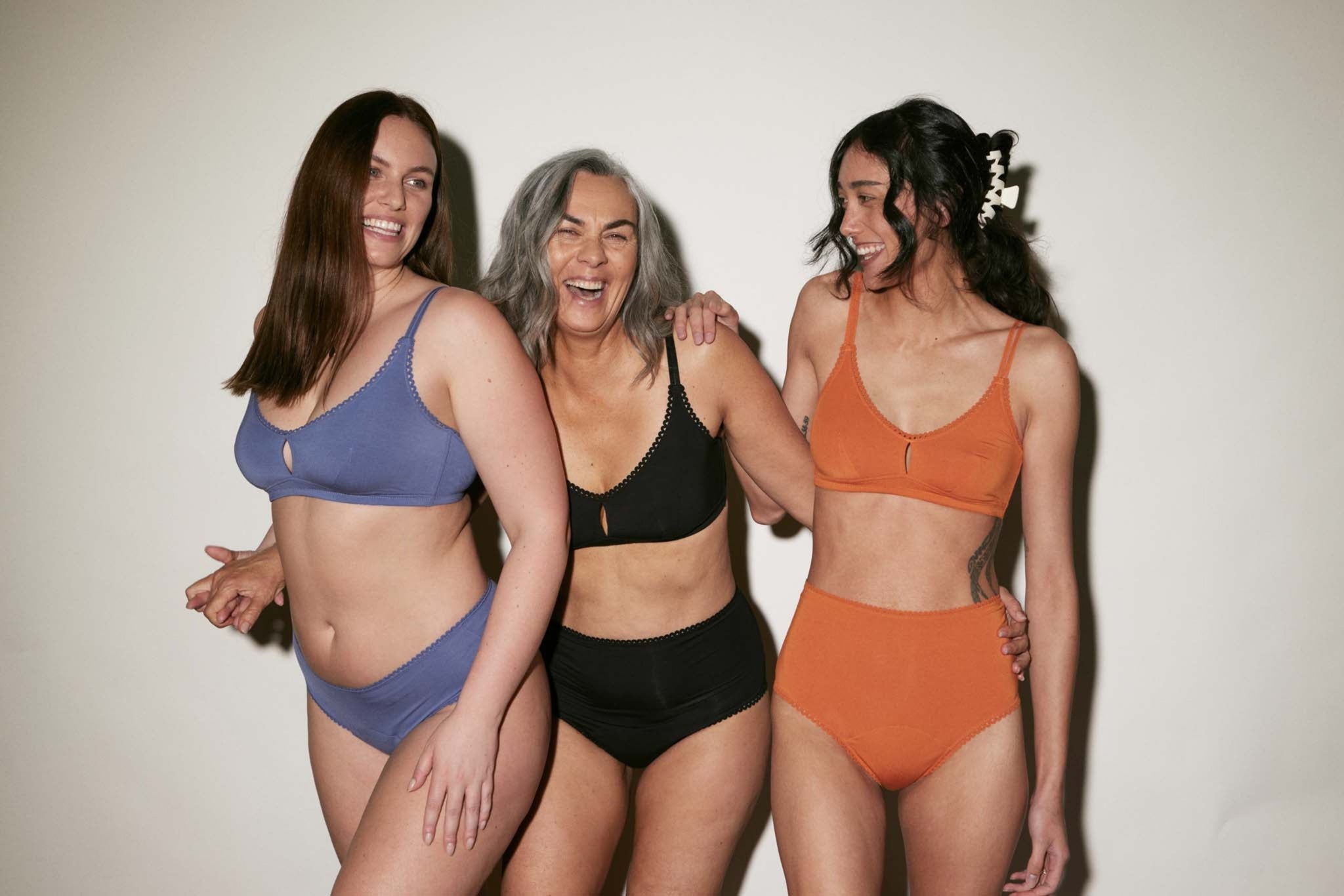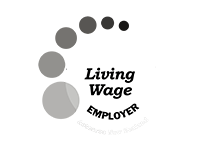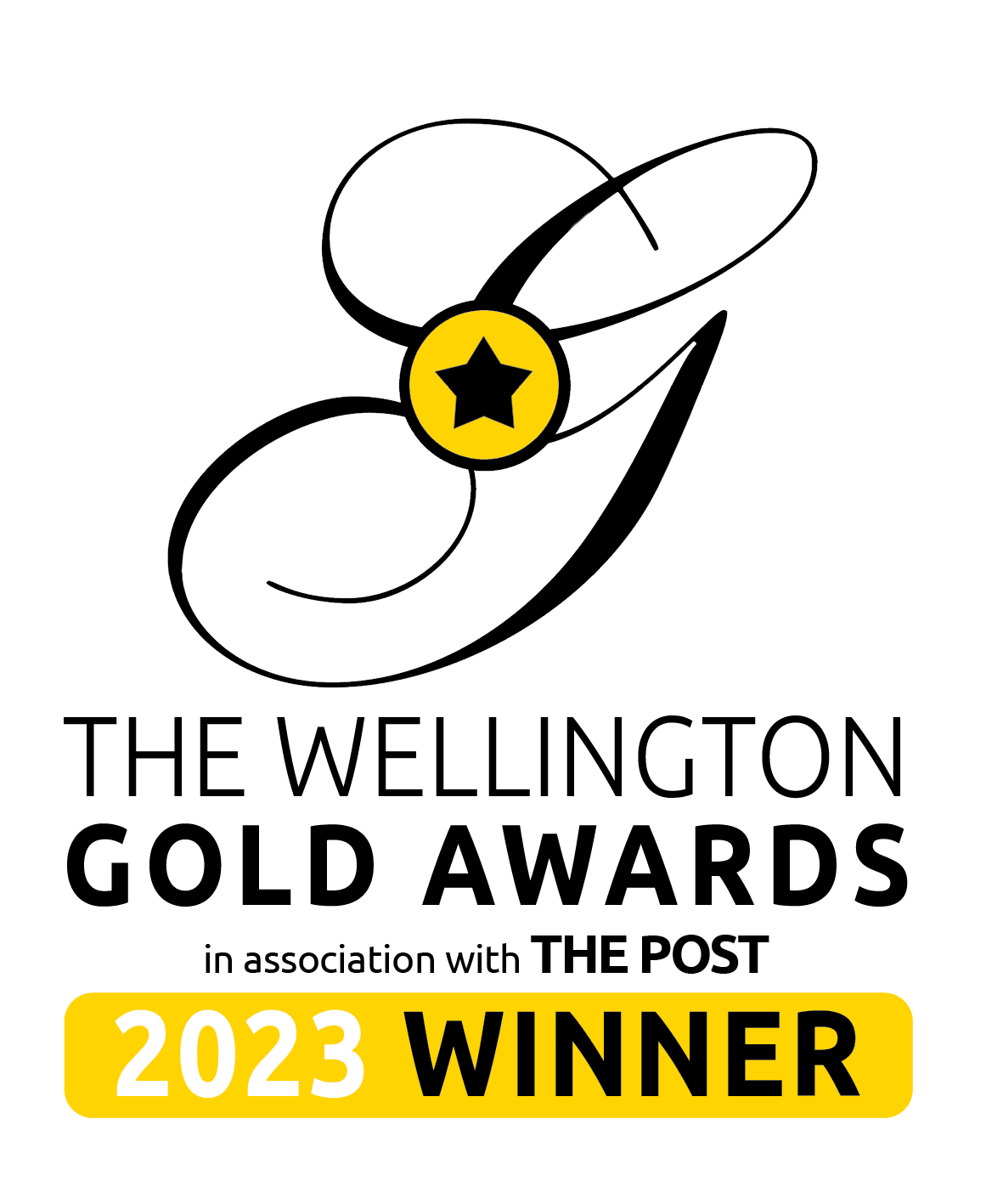
What is Period Poverty?
In Aotearoa, period poverty refers to the lack of access to period products and education, leading to challenges in work, school, and daily life.
Unfortunately, there are individuals who cannot afford to purchase the essential period products they require on a monthly basis, and this situation hinders their ability to attend work, school, or actively participate in their daily routines. It's crucial that we address this issue with understanding and empathy, as it significantly impacts the lives and wellbeing of those affected in our community
Key Findings
Period Poverty in Aotearoa
23%
of people with periods in Aotearoa have missed work or school at some point in their lives because they didn’t have access to period products
$16,000
is the average cost of having a period across a lifetime
14%
of students in decile one schools missed more than one day a month because of their period.
There are many knock-on effects and implications of period poverty, including:
Social embarrassment, stress and reduced self-esteem.
Making-shifting items out of ineffectual products such as toilet paper - increasing the risk of accidents and public bleeding.
Exacerbating intergenerational poverty, and other social and gender issues.
Missing out on education, school sports and social activities during days when students have their period.
Increased workload from missing school and dealing with the stress associated to ‘catching up’.
There are many knock-on effects and implications of period poverty, including:
Social embarrassment, stress and reduced self-esteem.
Making-shifting items out of ineffectual products such as toilet paper - increasing the risk of accidents and public bleeding.
Exacerbating intergenerational poverty, and other social and gender issues.
Missing out on education, school sports and social activities during days when students have their period.
Increased workload from missing school and dealing with the stress associated to ‘catching up’.
When Dignity provided free period products in schools, we saw some incredible results:
81%
felt it reduced feelings of shame for students.
87%
felt it improved their ability to partake in sport.
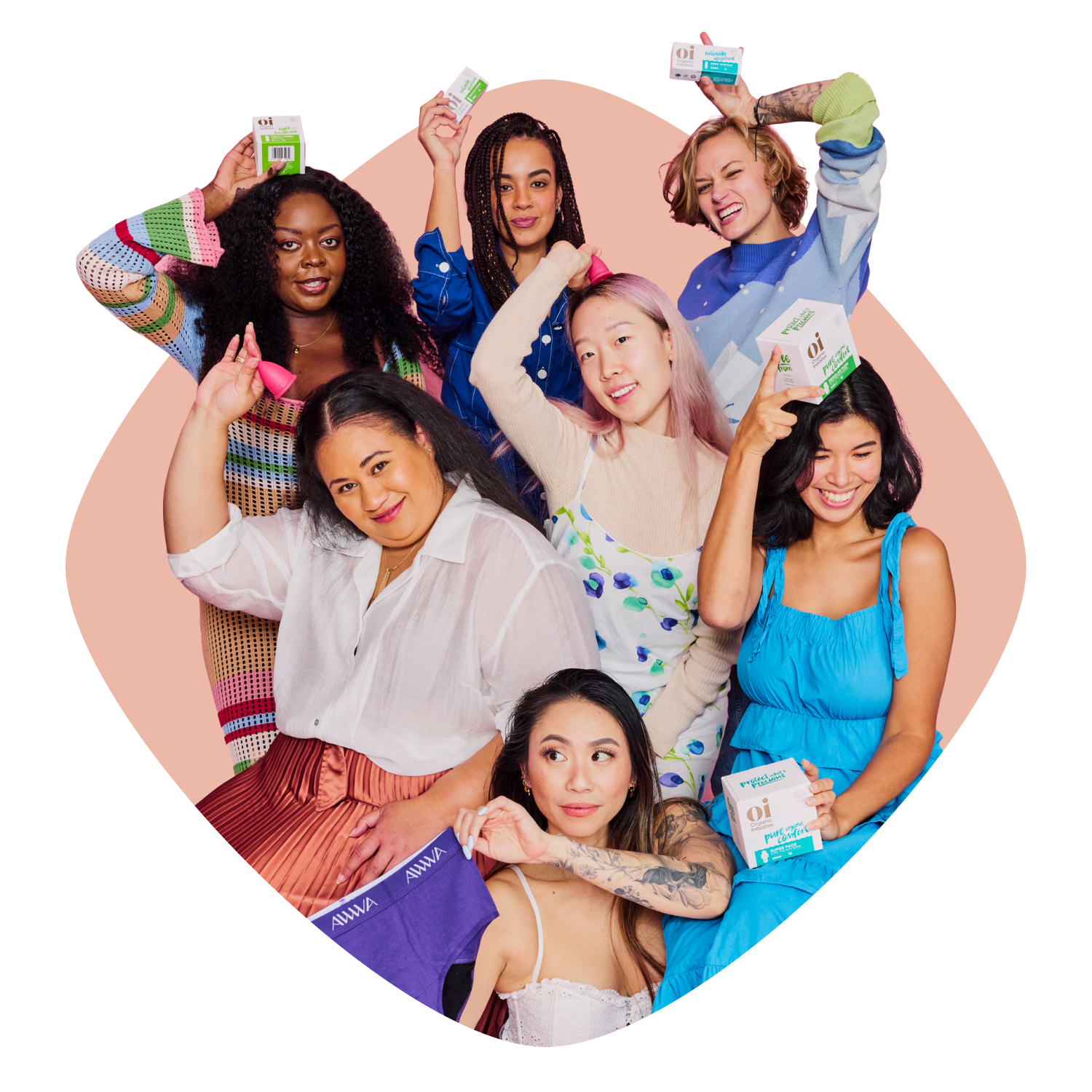
Who is impacted
Period poverty impacts people from all walks of life in Aotearoa, but it hits harder for those in vulnerable situations, like low-income households, refugees, and people without homes. In lots of places, menstrual products are seen as a luxury, leaving people to come up with makeshift and unhygienic solutions, like using rags or socks.
To worsen the situation, the stigma and shame around menstruation can make it tough for people to reach out for help or push for change.
There is also a lack of education about menstruation that keeps the shame and silence going. When people don't know enough about hygiene and available products, it can lead to health issues and people being left out.
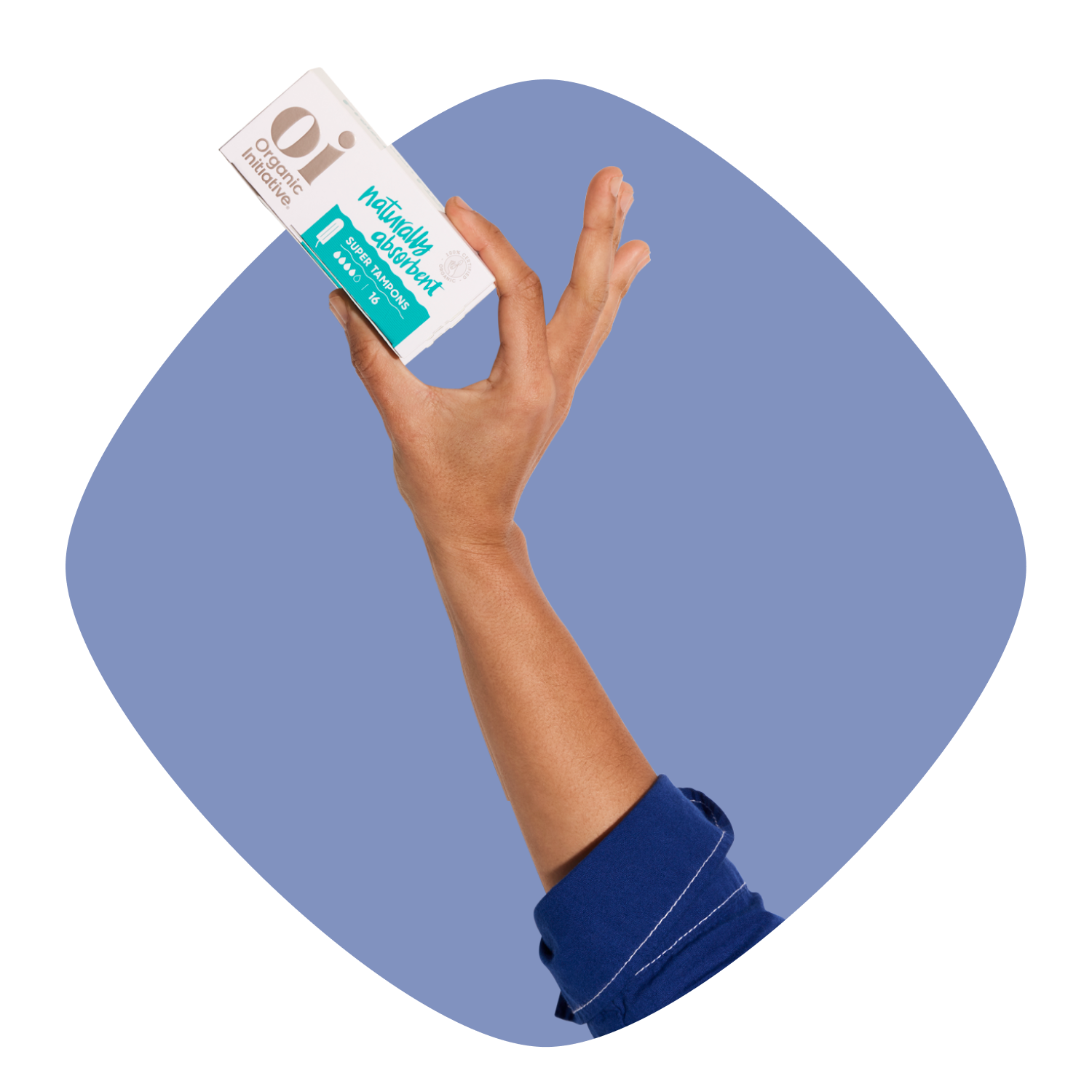
What Dignity is Doing to end period poverty in Aotearoa
At Dignity, our mission is to create Period Equity - that means no one misses out on work, school, sports or anything else, because they dont have access to period products.
We believe period products are an essential not a luxury, not having access creates unfairness and inequity, and we want to end that here in Aotearoa.

Our Buy One Give One Impact Initiative
Dignity operates a Buy-One Give-One initiative with corporate businesses like ANZ, Xero and Farmlands, across Aotearoa. For each box of period products that a business buys, we match the equivalent number of boxes and gift them to youth groups, community groups, women’s refuges, food banks and other places that support people in need, throughout Aotearoa
Through providing free period products, the Dignity initiative has had a direct impact on people being able to attend school, work and other activities and to feel more supported through their periods.
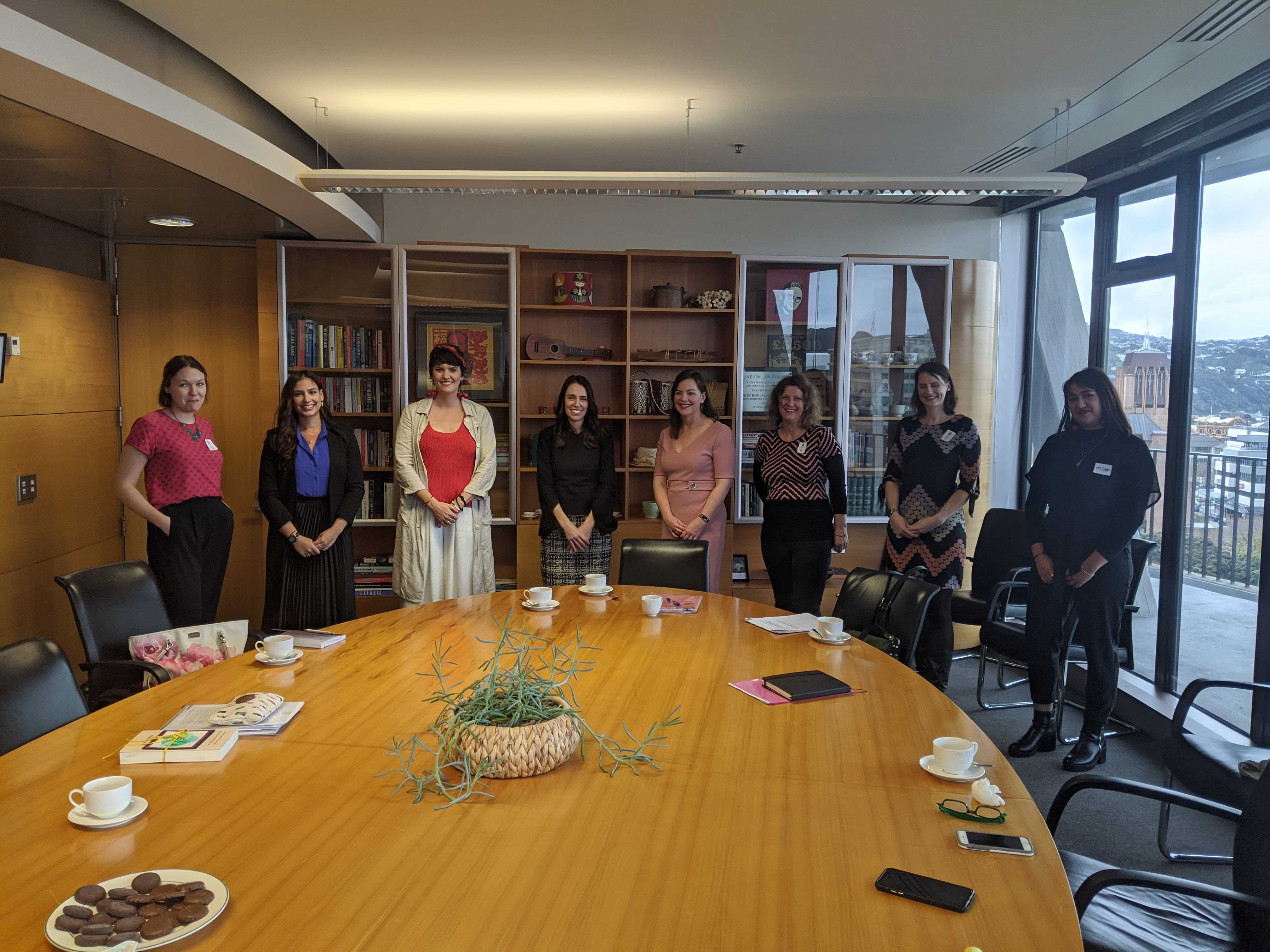
The Positive Periods Campaign
Positive Periods, led by Dignity co-founder Jacinta Gulaskeharam, was a powerful campaign with passionate advocates striving to improve the accessibility of period products in schools. Their mission was to eliminate period poverty in Aoteroa, ensuring that no student missed out on education due to a lack of access In 2019, they presented a discussion paper highlighting the importance of free products for students and as a result, in 2021, the government implemented free period products in public schools and kura marking a significant success for the campaign.
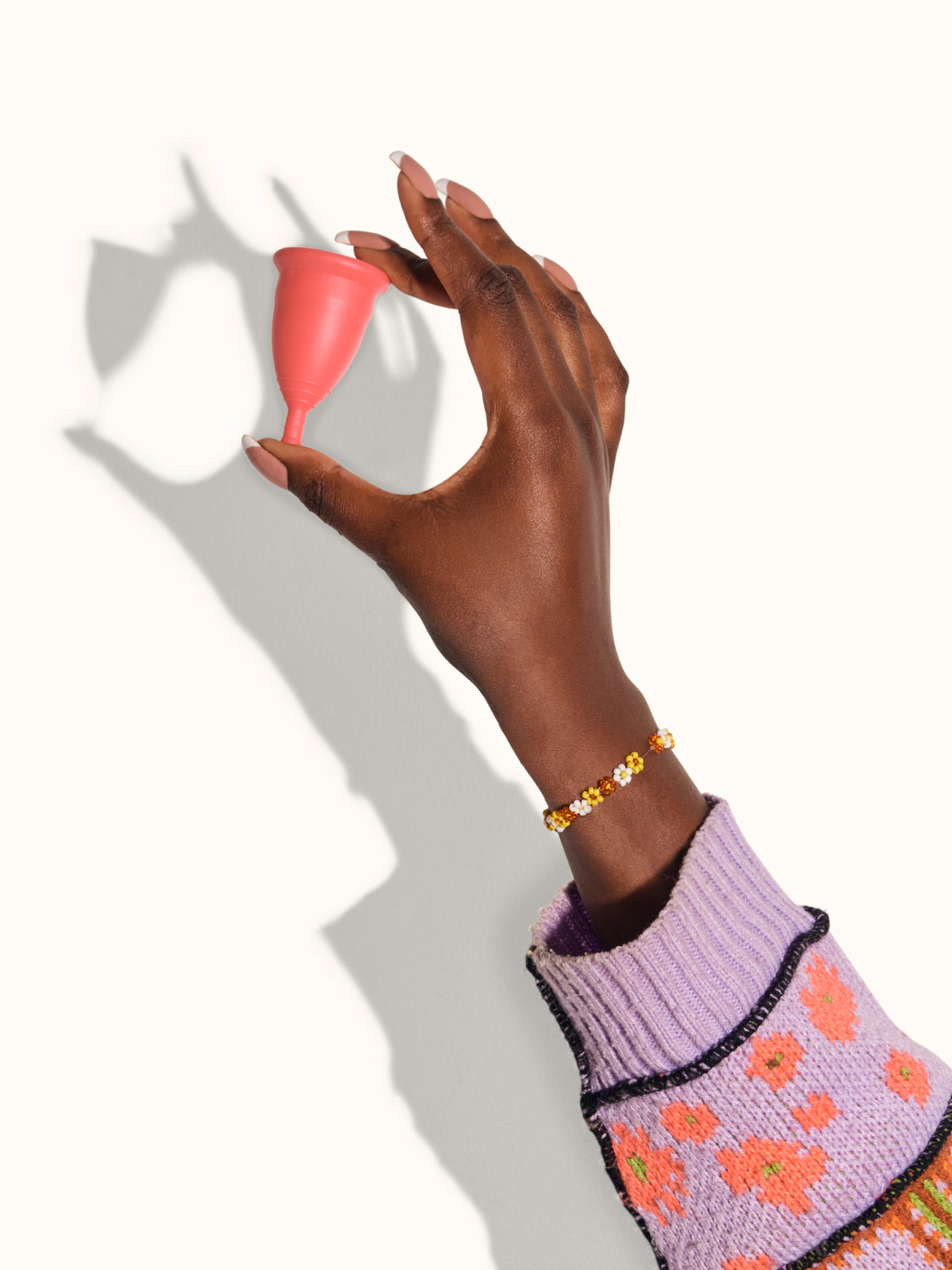
Our Research and Advocacy work
We want to share, advocate and lobby agencies to become:
- Aware of period poverty and the impact upon people
- Pledge to fund period products to people in need to all without access providing them dignity and support for their education.
This research feeds into the wider work we are doing to bring our findings to government officials and media with the aim to inform wider, systemic change.
Dignity meets with the Ministry of Women, Ministry of Education and other Period Poverty groups such as KidsCan, I Am Eva, The Period Place, and The Wā Collective to collaborate on innovative solutions as a period industry.
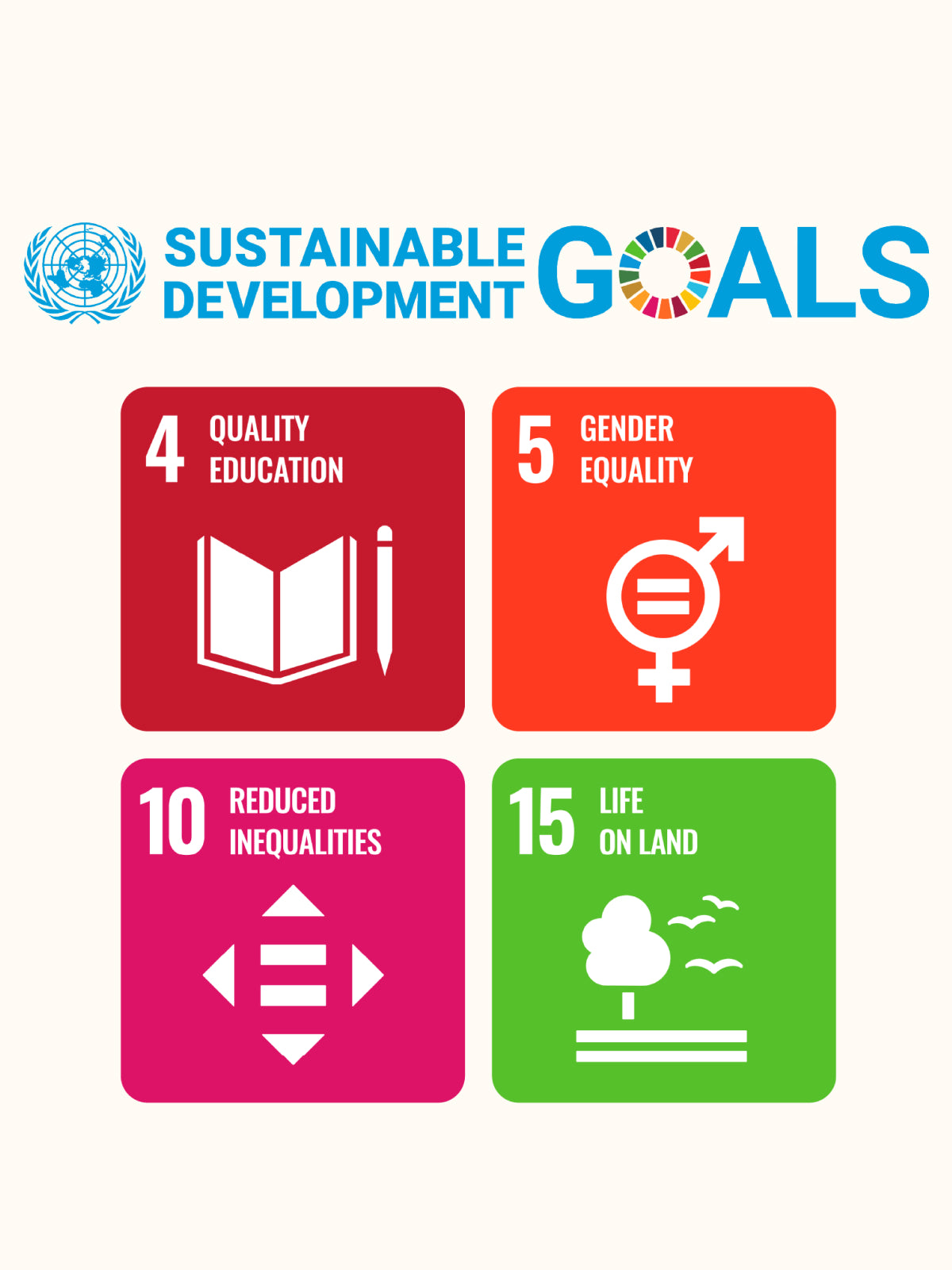
UN Sustainable Development Goals
Our goal is to eradicate and research period poverty in New Zealand and then into the Pacific Islands. The work we do relates directly to Sustainable Development Goals 4, 5, 10 and 15
Our Buy One Give One Impact Initiative
Dignity operates a Buy-One Give-One initiative with corporate businesses like ANZ, Xero and Farmlands, across Aotearoa. For each box of period products that a business buys, we match the equivalent number of boxes and gift them to youth groups, community groups, women’s refuges, food banks and other places that support people in need, throughout Aotearoa
Through providing free period products, the Dignity initiative has had a direct impact on people being able to attend school, work and other activities and to feel more supported through their periods.
The Positive Periods Campaign
Positive Periods, led by Dignity co-founder Jacinta Gulaskeharam, was a powerful campaign with passionate advocates striving to improve the accessibility of period products in schools. Their mission was to eliminate period poverty in Aoteroa, ensuring that no student missed out on education due to a lack of access In 2019, they presented a discussion paper highlighting the importance of free products for students and as a result, in 2021, the government implemented free period products in public schools and kura marking a significant success for the campaign.
Our Research and Advocacy work
We want to share, advocate and lobby agencies to become:
- Aware of period poverty and the impact upon people
- Pledge to fund period products to people in need to all without access providing them dignity and support for their education.
This research feeds into the wider work we are doing to bring our findings to government officials and media with the aim to inform wider, systemic change.
Dignity meets with the Ministry of Women, Ministry of Education and other Period Poverty groups such as KidsCan, I Am Eva, The Period Place, and The Wā Collective to collaborate on innovative solutions as a period industry.
UN Sustainable Development Goals
Our goal is to eradicate and research period poverty in New Zealand and then into the Pacific Islands. The work we do relates directly to Sustainable Development Goals 4, 5, 10 and 15




Positive Periods Campaign
In a bold and inspiring initiative, Jacinta from Dignity led a group of passionate period poverty action group to champion a transformative campaign. Their vision was to create a future where students in New Zealand schools had unrestricted access to free period products. With unwavering determination, they have released a thought-provoking discussion paper, backed by powerful global movements and compelling research, highlighting the imperative of eradicating period poverty in Aotearoa. By rallying together with political parties, seeking to instil a lasting commitment to this cause, ensuring that no student ever faces the shame or embarrassment of lacking access to menstrual products. The campaign was presented to Government in 2019 and resulted in the implementation of the Ministry of Education’s Ikura program, providing free pads and tampons to schools. Our aspirational goal was to empower the next generation, fostering a society where menstrual dignity is celebrated, and period poverty becomes a thing of the past.
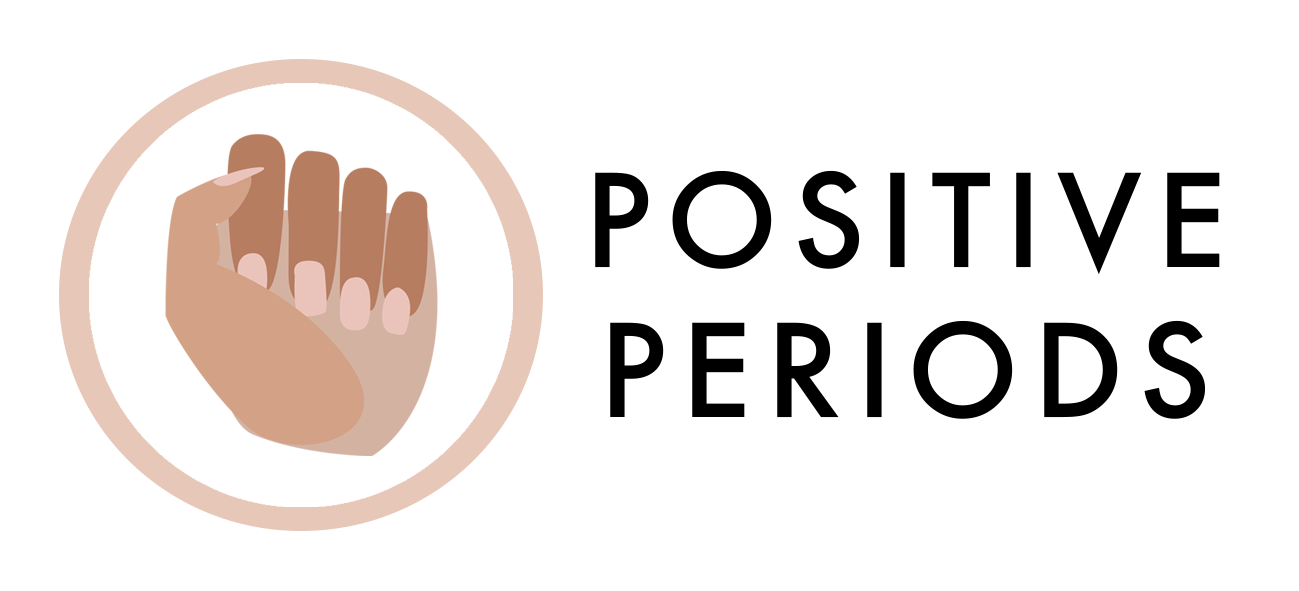
Positive Periods Campaign
In a bold and inspiring initiative, Jacinta from Dignity led a group of passionate period poverty action group to champion a transformative campaign. Their vision was to create a future where students in New Zealand schools had unrestricted access to free period products. With unwavering determination, they have released a thought-provoking discussion paper, backed by powerful global movements and compelling research, highlighting the imperative of eradicating period poverty in Aotearoa. By rallying together with political parties, seeking to instil a lasting commitment to this cause, ensuring that no student ever faces the shame or embarrassment of lacking access to menstrual products. The campaign was presented to Government in 2019 and resulted in the implementation of the Ministry of Education’s Ikura program, providing free pads and tampons to schools. Our aspirational goal was to empower the next generation, fostering a society where menstrual dignity is celebrated, and period poverty becomes a thing of the past.

There are a number of ways you can help to end Period Poverty in Aotearoa.
1. Encourage your workplace to partner with Dignity to provide period products at work and to gift the equivalent amount to people in need. You can read more info here.
2. Advocate for comprehensive menstrual health education at your school or workplace to eliminate stigma and shame.
3. Encourage and take part in open discussions about menstruation to foster understanding and empathy.
4. Take part in Dignity’s Individual Gifting initiative, and gift period products to people in need here.
5. If you know of organisations that support people experiencing hardship, tell them to apply to become a Give Partner to receive gift products here.
6. Become a Dignity supporter and follow us on our socials here.
There are a number of ways you can help to end Period Poverty in Aotearoa.
1. Encourage your workplace to partner with Dignity to provide period products at work and to gift the equivalent amount to people in need. You can read more info here.
2. Advocate for comprehensive menstrual health education at your school or workplace to eliminate stigma and shame.
3. Encourage and take part in open discussions about menstruation to foster understanding and empathy.
4. Take part in Dignity’s Individual Gifting initiative, and gift period products to people in need here.
5. If you know of organisations that support people experiencing hardship, tell them to apply to become a Give Partner to receive gift products here.
6. Become a Dignity supporter and follow us on our socials here.
Individual Gifting
Join our mission to provide free period products to all without access. People in Aotearoa are missing opportunities simply because they have their periods, you can change that. Your gift will provide people their choice of period products through youth and community groups, schools and more.
